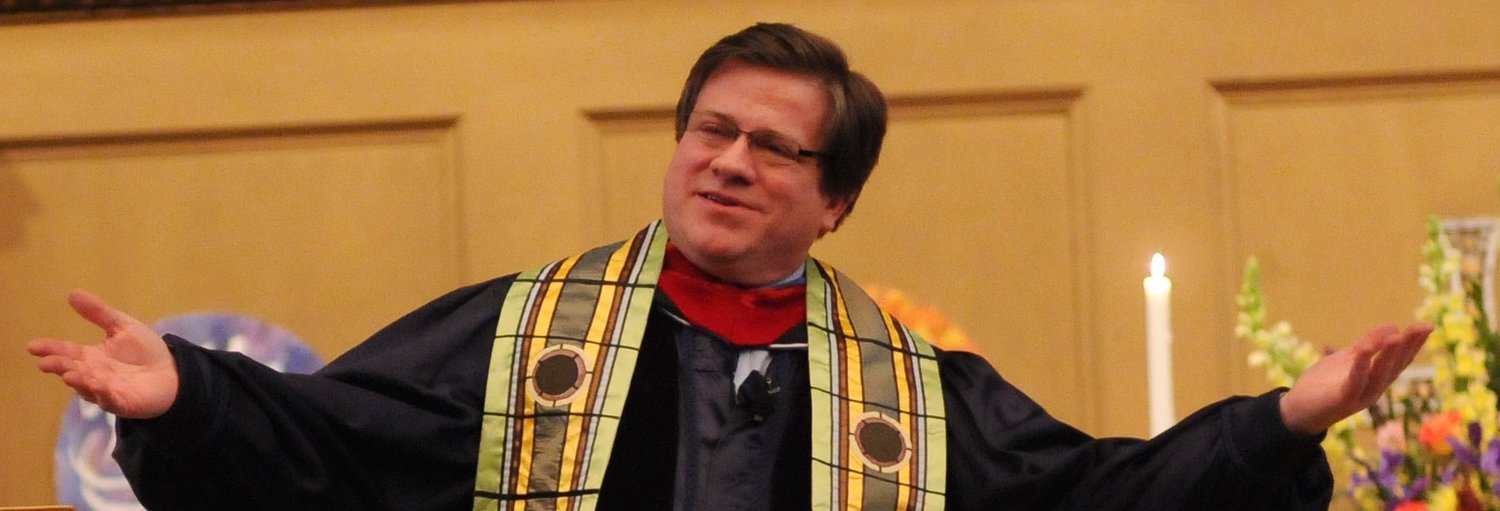For the Inward Journey, Day Forty-Seven (Easter Monday)
The Sacrament of Life
We celebrate the sacrament of life, the simple delights of being alive with varying measures of health, strength and vitality. We are blessed with so many things that we did not create ourselves, but are ours because of the labor, the work, the sacrifice, and the dreaming of many people whose names we shall never know—all of the little things by which our days are surrounded to make us secure, to make us happy, and to give us a quiet sense of joy in being alive.
We make a sacrament of thanksgiving for all of these things, even as we remember those who are not blessed as we are blessed—the little children who are not comfortably housed, who do not have warm clothes to wear, who did not have breakfast this morning because there was no food for them; all of the frightened and lonely and desperate little children, all over the world—we remember them, in our comfort, in our plenty. In the quietness we seek to know how we may learn to be more sensitive, to be more charitable, to be more gracious, to be more sharing, if indeed we are to be true to ourselves. We make a sacrament of our determination to be better tomorrow than we are today, to be more thoughtful of our own needs and the needs of others, to be more gracious in the way we live, to the end that through us there shall come no violence to anyone; through no word of ours shall there be a heart broken, or a spirit injured. We make a sacrament of our determination in this regard, that we may be blessed by Thy spirit, O God, not because we are worthy or unworthy, but because we cannot live without Thy grace and benediction.
(For the Inward Journey: the writings of Howard Thurman.
Selected by Anne Spencer Thurman. pages 287-288
Originally published in The Centering Moment)
My experience of religious formation was less sacramental than that of my cousins. For them, celebrating their First Communion was a milestone that was not expected for me. My Catholic kin knew that they received grace in confession, and although I could imagine storing up a list the items of my sinfulness, I never found the grace that they had. Even the confirmation that we both received I felt had a different (and lesser) value than that of my Lutheran kin.
Still, there were moments that felt sacramental. I had known of my baptism as a child, and when my mother presented me, as an adult, with my baptismal certificate, I had a sense that “something” had happened that was full of sacramental import. I still look at the little King James Version Bible (with photographs of the Holy Land) that I was given as a child when I had memorized the order of the books of what we then called the Old Testament. It felt and feels sacramental, grace-filled. There is a marker there of the completion of a task and the dispensation of a level of strength. There is a confidence, for me, that I am making a way on my spiritual journey.
These few weeks of sitting quietly almost every morning, holding my relations in my attention and offering prayers for self and others, helps me find the holiness and blessing to “celebrate the sacrament of life, the simple delights of being alive with varying measures of health, strength and vitality.” Yesterday I was invited to Easter lunch with Natalie and Chuck. In a few hours of talking about our lives, our relationships, our many hopes, our fears, our frustrations, and s many moments of joy, we celebrated the sacrament of life. I followed my own pattern of purchasing three Easter lily plants for services yesterday, one to thank my parents, one to honor and remember my pastors and mentors, and one to grieve with confidence in the resurrection my partner Leonel. This is, in fact, how I “make a sacrament of thanksgiving for all of these.”
I am grateful for Thurman’s plea that we live lives that reduce harm. That is so much of what this morning time means to me. “In the quietness we seek to know how we may learn to be more sensitive, to be more charitable, to be more gracious, to be more sharing, if indeed we are to be true to ourselves.” Not to imagine this is an importation of grace by which we are reformed, but to know that the sacrament is found in the revelation of what is most true in us, most true in me.
You won’t see these meditations of me in this way for a while. But my hope, as I continue to take this morning time, is that you will see evidence of my celebrating the sacrament of life in the sermons and newsletter columns I write, in the prayers and meditations I offer, in the songs I sing, and in the sincerity and laughter I share when we encounter each other.
It is Easter Monday, I am heading to Union Seminary to place a graduation stole on a young ministerial aspirant, I hope, by such a sacramental act, to encourage them into the generous, optimistic and heart-centered way of being that is of Howard Thurman.
